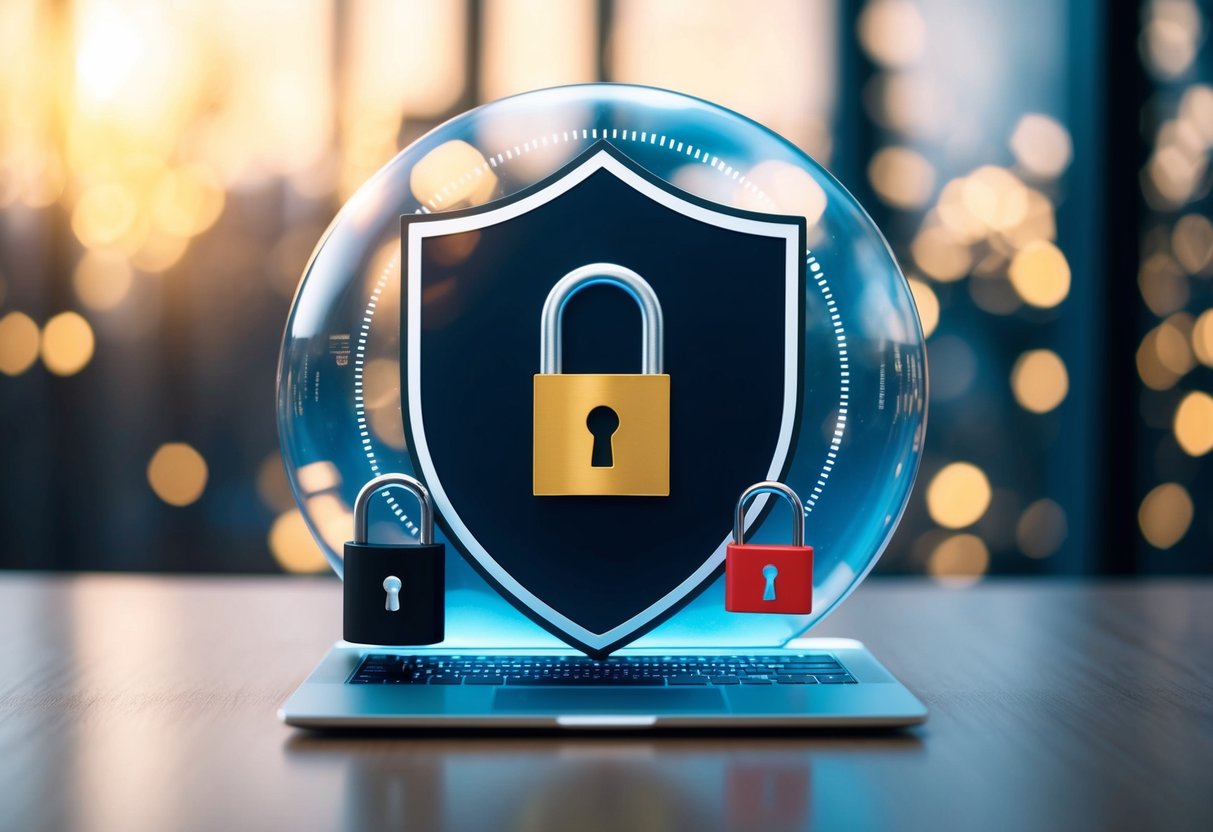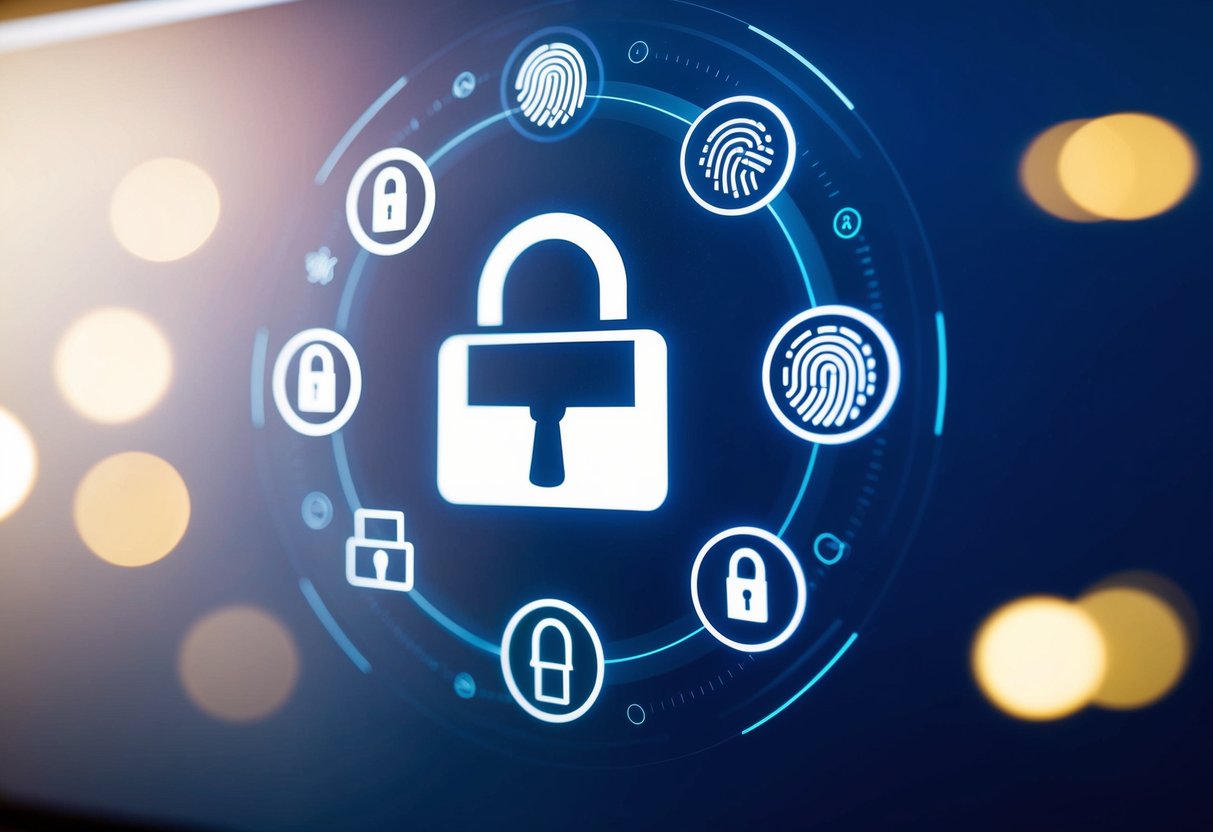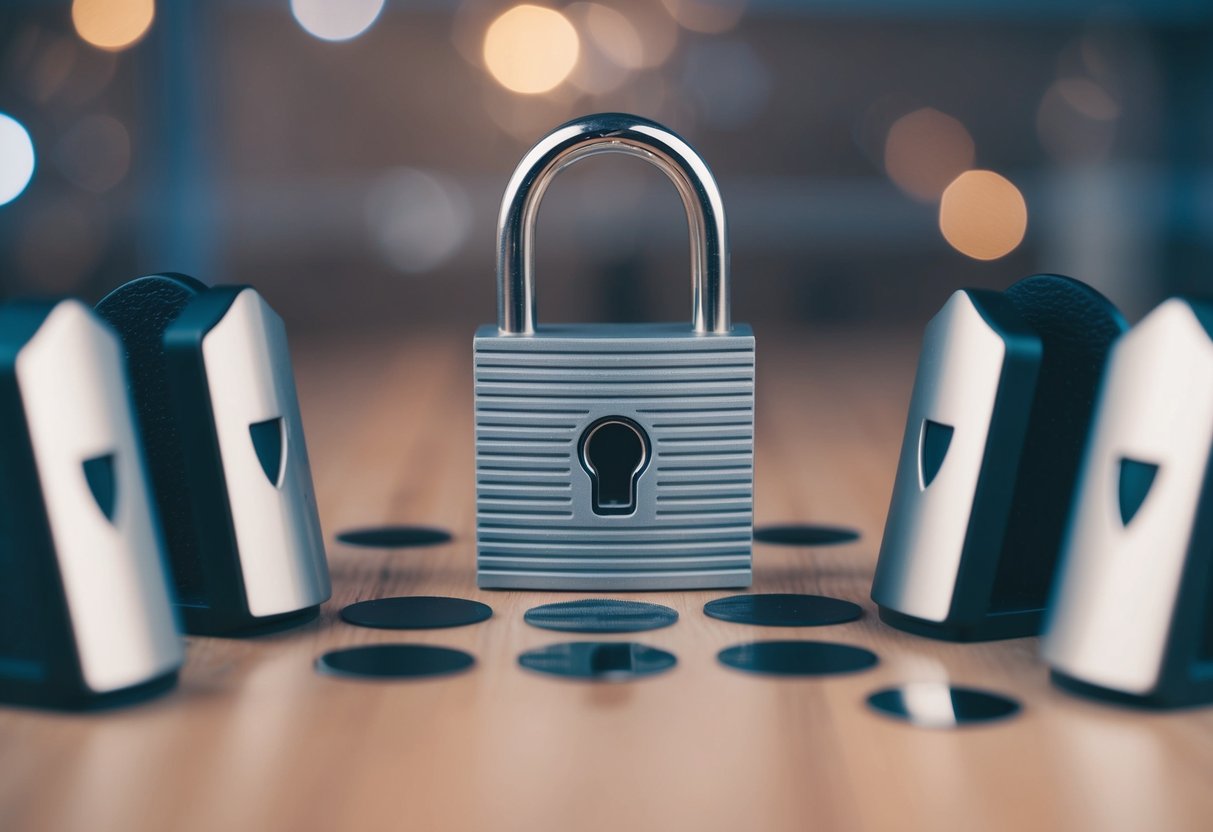
Multi-Factor Authentication and Its Benefits

Multi-factor authentication (MFA) offers an extra layer of security by requiring more than just a password for access. This approach reduces the risk of unauthorized account access, enhancing the safety of personal information online.
Understanding Two-Factor Authentication
Two-factor authentication (2FA) is a common type of multi-factor authentication. It involves two different forms of identification: something the user knows, like a password, and something the user has, such as a smartphone app or a hardware token.
This dual process makes it significantly more difficult for malicious actors to gain access to accounts, as they would need both pieces of information. Common examples include online banking and email services requiring users to enter a code sent via SMS or generated by an app after inputting their password. This method balances security with convenience, making it a widely adopted strategy for safeguarding sensitive data.
Secure Your Network Connections

Maintaining secure network connections is crucial in safeguarding personal information. Effective strategies involve using VPNs to ensure privacy and staying safe when using public WiFi to avoid vulnerabilities.
Using VPNs for Enhanced Privacy
Virtual Private Networks (VPNs) are essential tools for securing online activities by encrypting internet traffic. They hide the user’s IP address and provide an extra layer of privacy. This is particularly useful when accessing sensitive information or conducting financial transactions. VPN services like Proton VPN offer robust encryption and do not log user activity, ensuring anonymity.
VPNs are particularly useful for those who frequently connect to various networks, as they protect data from hackers and surveillance. Users should choose a reliable VPN provider known for strong encryption standards, customer support, and user-friendly interfaces. Furthermore, it’s important to install VPNs on all devices used to access the internet, including smartphones and tablets.
Dangers of Public WiFi and How to Stay Safe
Public WiFi networks pose significant risks since they often lack robust security measures. When users connect, their data can be easily intercepted by cybercriminals. Hackers can exploit weak encryption or network vulnerabilities to access personal information. It is advisable to avoid accessing sensitive data or performing financial transactions on public WiFi.
To enhance safety, users should consider using a VPN when connecting to public networks, which encrypts data and reduces risks. Additionally, managing device settings, like disabling automatic connectivity to WiFi networks, can prevent accidental connections to unsecured hotspots. Always ensure that any network connected to is verified as legitimate before entering personal information.
Protecting Against Malware and Phishing
Cyber threats are a constant risk in today’s digital environment, making it crucial to employ strategies that shield personal data. The two pivotal approaches involve maintaining current antivirus solutions and being vigilant about phishing traps.
Keeping Antivirus Software Up to Date
Using antivirus software is essential for defending against malware, a harmful software designed to disrupt or damage systems. Antivirus programs work by detecting and eliminating various forms of malicious code. Regular updates are vital as they ensure the software can recognize and combat the newest threats. Failing to update can render these defenses ineffective, leaving systems vulnerable to attacks. Updates typically include new virus definitions and enhancements to the detection algorithms.
Automating updates is an effective method to make sure antivirus programs remain current. Some software provides settings that enable users to choose how frequently updates occur. Users can also manually check for updates to ensure the latest protection. Additionally, users should verify that their antivirus solutions are reputable and actively supported by the developers to guarantee ongoing security.